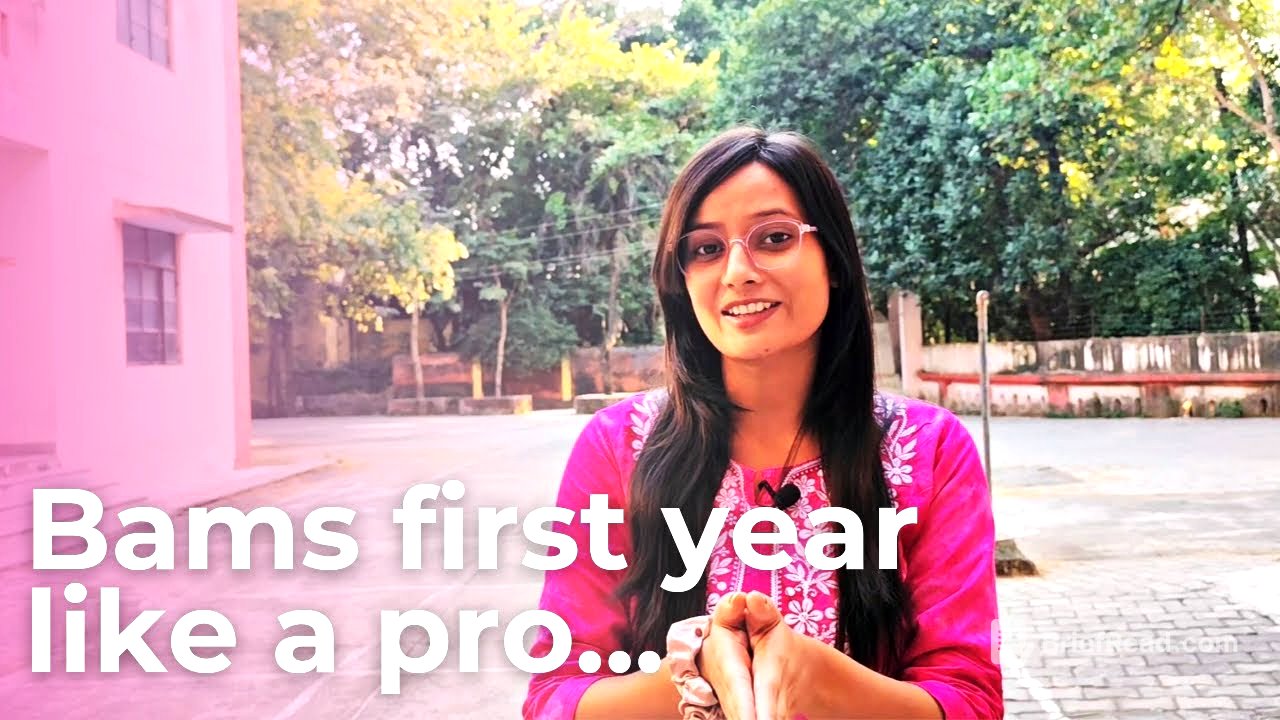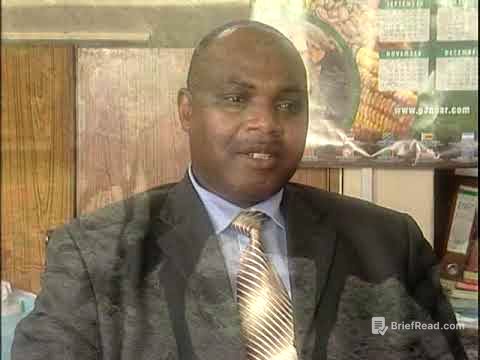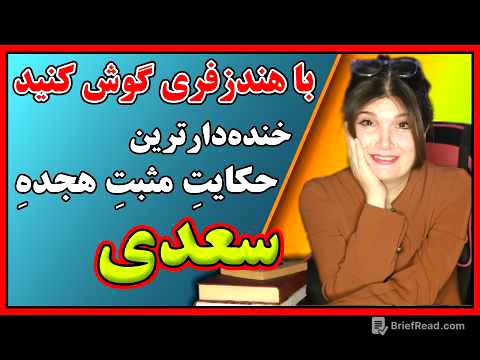TLDR;
This video provides guidance for BMS (Bachelor of Ayurvedic Medicine and Surgery) students on how to manage their studies and college life effectively. It addresses common challenges such as the overwhelming syllabus, balancing modern and Ayurvedic subjects, overcoming the language barrier of Sanskrit and Hindi, staying motivated, and seeking guidance from seniors. The video emphasizes time management, conceptual understanding, and utilizing available resources to succeed in the BMS program.
- Managing the overwhelming BMS syllabus by utilizing first year and time management.
- Balancing modern and Ayurvedic subjects by developing concepts and relating them.
- Overcoming the language barrier by asking for help, using mnemonics, and understanding meanings.
- Staying motivated by unsubscribing from irrelevant channels and focusing on the BMS journey.
- Seeking guidance from seniors and utilizing available resources for help.
Introduction [0:00]
The video addresses the challenges faced by BMS students, particularly those who may not have initially been interested in the course or who struggle with the new syllabus and language barriers. It aims to provide solutions and guidance to help students manage their BMS journey effectively. The speaker, Kritika Pandey, a final year BMS student, shares pro tips and discusses common struggles.
Managing the Overwhelming Syllabus [1:06]
The BMS syllabus introduces many new subjects unfamiliar from NEET preparation, such as Ashtang Hridya and Sanskrit. The speaker suggests utilizing the first year to the fullest by watching available videos and focusing on time management. Balancing studies with college life and enjoyment is crucial to avoid burnout. Prioritizing is key, especially for those preparing for NEET alongside BMS, advising a focused approach on either preparation or enjoying BMS. Productive techniques like the Pomodoro method (25 minutes of study followed by a 5-minute break) can be helpful.
Balancing Modern and Ayurveda [4:19]
Balancing modern and Ayurvedic subjects is a significant challenge. The speaker advises developing a strong conceptual understanding of modern subjects from the beginning and relating them to Ayurvedic concepts like Vata, Pitta, and Kapha. Attending good lectures, such as those offered by R.A.C.S. Medical Academy, can greatly aid in concept building for subjects like Physiology, Anatomy, Pharmacology, Pathology, Gynecology, Pediatric surgery, and ENT. Clinical classes are also beneficial for improving clinical knowledge.
Overcoming the Language Barrier [5:40]
The language barrier, particularly with Sanskrit and Hindi terminology, is a persistent challenge throughout the BMS course. The speaker recommends asking for help with pronunciation, creating mnemonics for memorizing shlokas, and understanding the meanings of the verses through translations. Joining Sanskrit classes can also provide a strong foundation in the language.
Staying Motivated [7:12]
Staying motivated is essential for success in BMS. The speaker advises unsubscribing from channels that promote repeated NEET attempts if one has committed to BMS. It's important to accept the new journey and focus on what is right for the individual at this point in time.
Seeking Guidance [8:01]
Lack of guidance is a common issue in BMS. The speaker encourages students to interact with seniors and seek help, even if it means facing occasional scolding. She also offers her assistance to students facing genuine problems in their BMS journey, encouraging them to reach out via DM.









